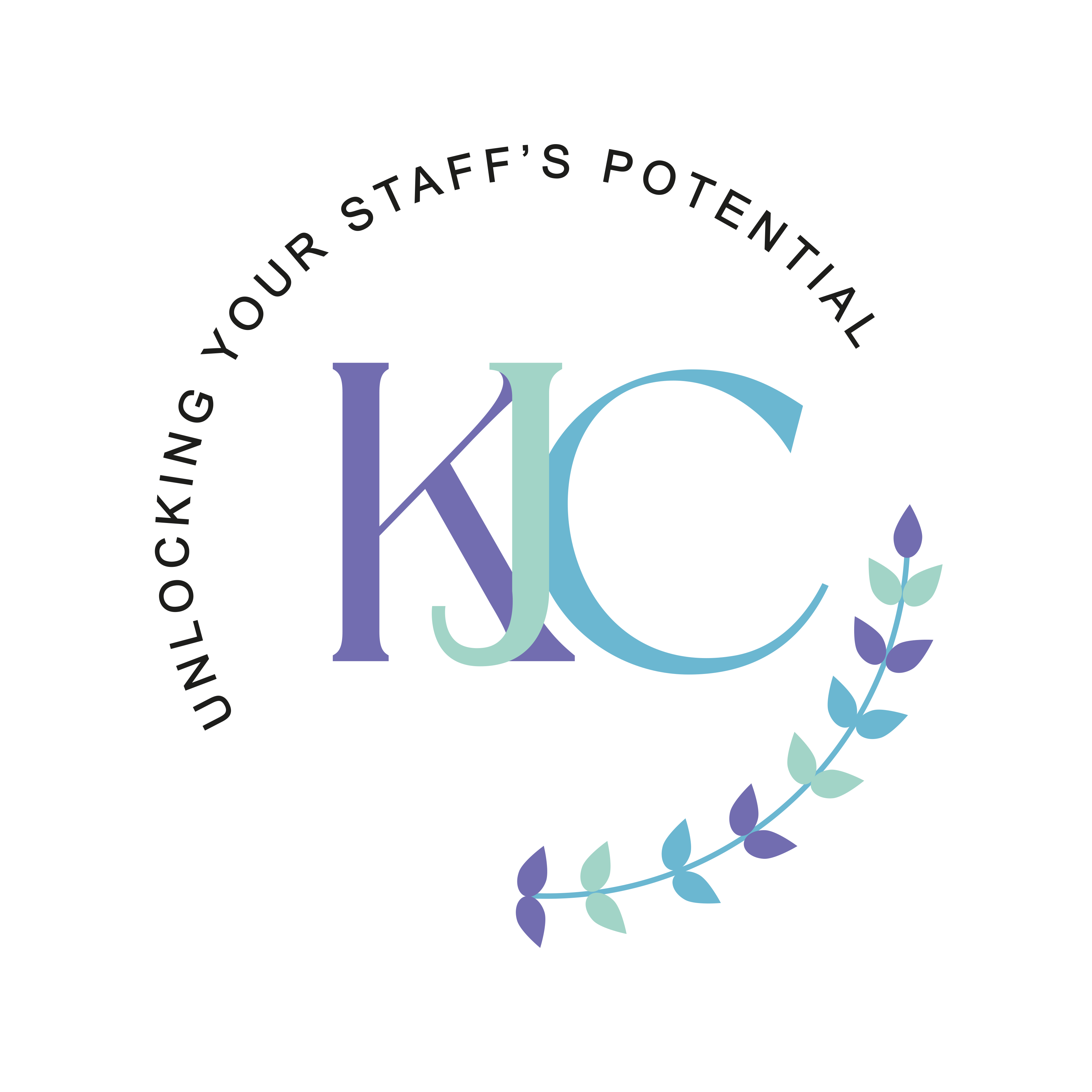Health & Safety
You have a duty of care to your employees, which means you must take responsibility for their health & safety in the workplace.
But you must also keep in mind the wellbeing of your customers and any visitors on your premises.
It’s a complex and tricky topic, but one we’re here to guide you through. So, let’s start with the UK laws you must follow.
One of the main issues with H&S nowadays, is nothing is black and white. Every step needs to be reviewed based on your organisation and the risks it poses.

What is health & safety at work?
All staff have the right to feel safe at their place of work. There are some things that should be checked regularly and documented, and others that need to be annually checked by an external auditor, so it can be a minefield to manage.
If you establish the right policies and procedures and train your employees to understand them, then you can prevent and manage accidents or injuries in the workplace.
What is the law?
There are various health & safety laws to consider, but the primary regulation is the Health & Safety at Work Act (HASAWA—or HSW). You must follow these laws—it’s under your duty of care as an employer to do so.
Underneath that, there are many regulations, that vary from display screen equipment (computers) to manual handling, Puwer to Lolar. Your business, whatever it does, will be impacted by some of these regulations.
So do I need policies and procedures?
Yes. These are plans featuring a step-by-step approach to ensuring health & safety across your business.
They ensure you perform tasks in compliance with UK laws. So, they’re essentially actionable steps you must stick to.
It’s particularly important to follow these guidelines—in some working situations, there could be an accident if an employee doesn’t. This really highlights why health & safety is important.
Overall, you should look to have effective safety plans, policies, training, and monitoring where necessary. Employee supervision may also prove essential over certain tasks.
There are some common health & safety practices in the workplace. These include procedures for:
- When staff are working at a height.
- Storing hazardous chemicals safely and securely.
- Dealing with infectious diseases or other illnesses such as coronavirus.
- Emergency procedures in the event of an accident.
Performing a risk assessment to determine the risks at your business will help you understand the steps you need to take to limit risks.
If you have effective plans in place, then you can limit the risks of an accident. As well as have an effective response in the event of one.
Why are health & safety policies and procedures important?
By law, if you have five or more employees, you must have a documents health and safety policy. This will also help staff to feel safe at work, knowing you have put pen to paper and considered the risks, and how you will manage them.
So, your policies are there to prevent workplace accidents.
If you don’t pay attention to your duty of care, it can have an impact on your staff morale. If employees don’t feel safe at work, the chances are productivity will drop.
The importance of health & safety in the workplace is also to ensure you don’t face legal action for any accidents.
If an incident is down to your business, this could result in a costly employment tribunal. And that may also damage your reputation as an employer. This highlights why is it important to adhere to policies and procedures in the workplace.
